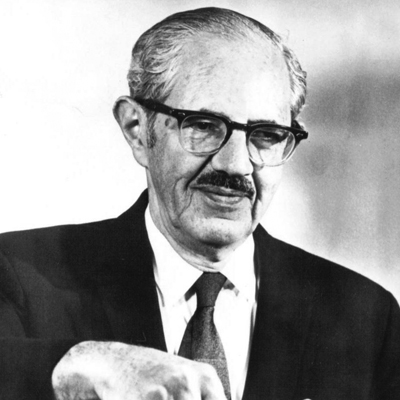 (1905-1985)
(1905-1985)
U.S. Chess
Hall of Fame
Inducted 1986
Known as the “Little Capablanca,” Isaac Kashdan was considered one of the world’s best chess players in the 1920s and 1930s. Though the Great Depression hampered his career, he nevertheless boasted an impressive international record, winning at Berlin, Stockholm, and Gyor in 1930, tying for first at Mexico City in 1932, and finishing second at Frankfurt 1930, New York 1931, Hastings 1931-32, Pasadena 1932, and Syracuse 1934. He also won two U.S. Opens and was a constant presence on Olympiad teams. His nine medals in five Olympiads are an all-time best among American players. In 1942, he tied for first with Samuel Reshevsky in the U.S. Championship, but ultimately lost their playoff match. Retrospectively applying modern rating systems, Kashdan was considered one of the top five players in the world during the early 1930s, including a No. 2 ranking between 1932 and 1934.
Kashdan also had an outstanding career as a director and chess journalist. After being awarded the International Arbiter title by FIDE in 1960, he organized numerous competitions, including the Piatigorsky Cup tournaments of the 1960s and the Lone Pines tournaments of the 1970s. During these years, he also would serve as a vice-president of the U.S. Chess Federation. Along with Al Horowitz, he founded Chess Review in 1933 and was the longtime editor of the Los Angeles Times chess column from 1955 to 1982, when a debilitating stroke forced his retirement.



